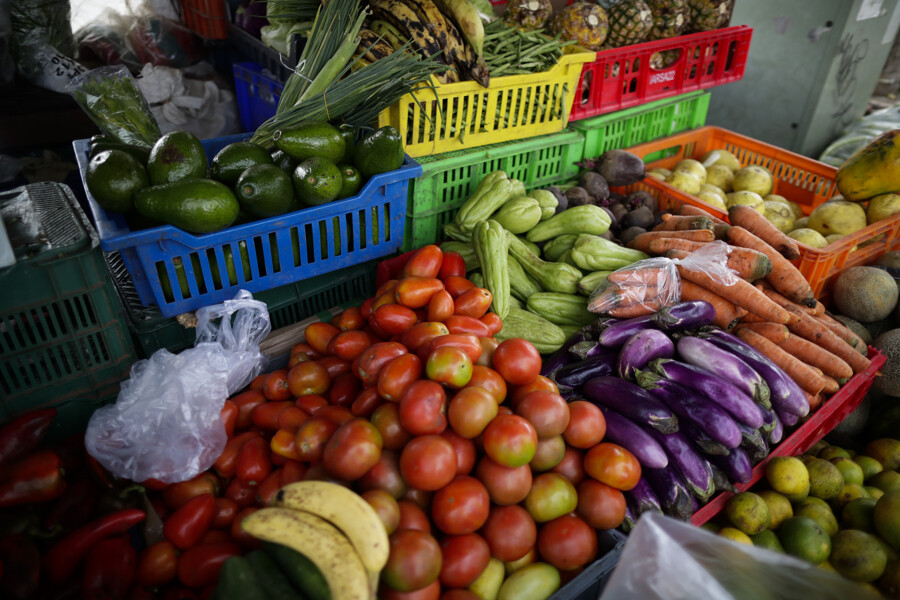
Science and food engineering will be essential to ensure safe, nutritious, and sustainable food in the face of global challenges such as the climate crisis, resource scarcity, and food waste, agreed experts on Wednesday at the VIII Congress of Food Engineering: FoodTech Evolution, in Mexico City.
Nutritionist Márcia Terra, a board member of the Brazilian Society of Nutrition and Food, told EFE that to guarantee safe and accessible food for everyone, we need the science of food. She stated that food engineering already contributes from the field to the formulation of more nutritious and sustainable ingredients.
Terra emphasized that additives, industrial ingredients, and packaging are essential for food to travel safely to all corners of the world. Among the most promising innovations, she highlighted new preservation methods, sustainable packaging, and the reuse of food waste to create new products, which helps reduce waste and strengthen the circular economy.
According to the United Nations Environment Programme (UNEP), more than a third of all food produced globally is never consumed.
"What is important is the nutritional profile of the product, not how many processes it has gone through," she explained.
The specialist insisted on the need to communicate clearly with scientific evidence to counter misinformation about food and additives.
"Additives are safe; if they are approved by international bodies such as the WHO or FAO, it is because they have undergone years of rigorous studies," she assured.
During the congress, the use of the term "ultra-processed" was also discussed, which, according to Terra, lacks a scientific basis and can be confusing or stigmatizing.
"The term 'ultra-processed' does not exist. We all process food, whether at home or in industry," she added.
In the words of Alejandra Cantoral, an academic at Ibero, the congress "is a platform for reflection and collaboration among students, researchers, and sector leaders committed to transforming food systems from a sustainable, inclusive, and innovative perspective."
The experts agreed that the future of food will depend on closer collaboration between science, industry, and society, as well as on decisions based on evidence and not on ideology.
"We must set aside activism and put science and technology first," concluded Terra.













